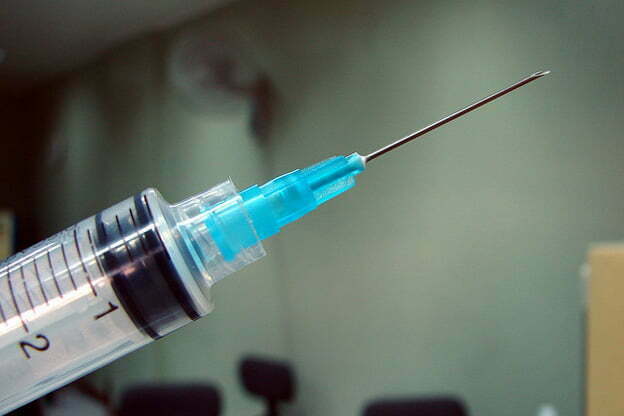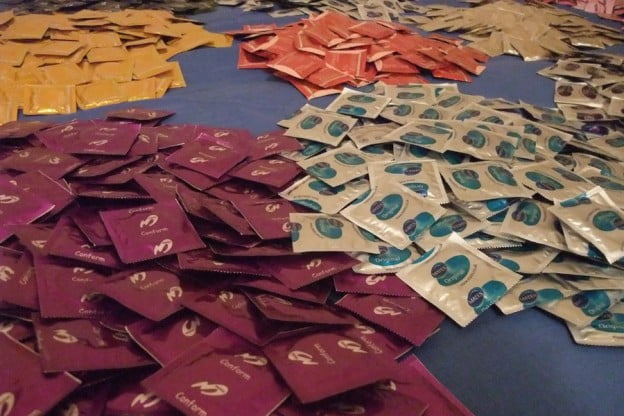Sexual Health, Questions & Answers
Q&A: Living With Genital Warts And HPV
QUESTION: I am being treated for genital warts by my doctor. Plenty of websites say “try to avoid getting HPV”, but what do you do when you have it? What do I do now to have a romantic life? I plan to tell potential partners about my warts, and I worry that any potential relationship is going to be over right there. I don’t want my sex life to be over. How do I ever have a relationship again? Help!
You’re absolutely right – the “try not to get HPV” messages only go so far when you already have HPV. And guess what? Most sexually active women and men have already had, or have been exposed to, HPV – many just don’t know it.
60-80% of Sexually Active Women And Men
Some studies suggest that as many as 60-80% of sexually active women and men have been exposed to at least one strain, making it by far the most common sexually transmissible infection, or STI.
Most people’s bodies don’t experience problems related to HPV, but some people do – some women may develop cervical changes which show up in abnormal Pap tests, and some women and men both may develop genital warts.
Usually, peoples’ immune systems kick in at some point and fight the viral infection. Fortunately, that means that most women who have cervical changes will get better and will not get cervical cancer. That also means that most women and men who have visible warts will generally get fewer genital warts, and fewer outbreaks of genital warts, over time.
HPV And Genital Warts
Though there are more than 100 strains of HPV, only a few that are linked to genital warts. Good for you for being sexually responsible and planning to tell future partners. You also might consider telling your present or past partners, if you haven’t already.
HPV can be a frustrating issue for many women who are interested in men. That’s because right now, we don’t have any standard HPV testing available to men. As a result, many men think that they don’t have HPV when in fact they might – they just can’t be tested for it. As such, women who know that they have HPV sometimes worry how men will react.
Educating Future Partners
When you tell your future potential partners about your genital warts, try to gently educate them about the issue and how, just because no one has ever told them that they have had HPV, doesn’t mean that they don’t have it or that they can’t get it. Researchers are working to develop better testing for men and hopefully that will help to open the dialogue about HPV among women and men.
Although it may feel scary to talk about STIs with future relationship partners, it’s important to remember just how many women and men are affected by HPV – and that in fact many women and men are kind, caring and accepting of the news that the person they like has an STI. Far from your relationship or sex life potential being over, I’d encourage you to look at it as a challenge, or something that necessitates careful and open communication with a partner, but nothing that has to prevent you from having fulfilling relationships in the future.
HPV Vaccine
You also might ask your healthcare provider for more information about Gardasil, the HPV vaccine that protects against 4 strains of HPV, including those that are linked to cervical problems.
Q&A: I Have Genital Warts. Will I Ever Be Able To Have Sex Again?









